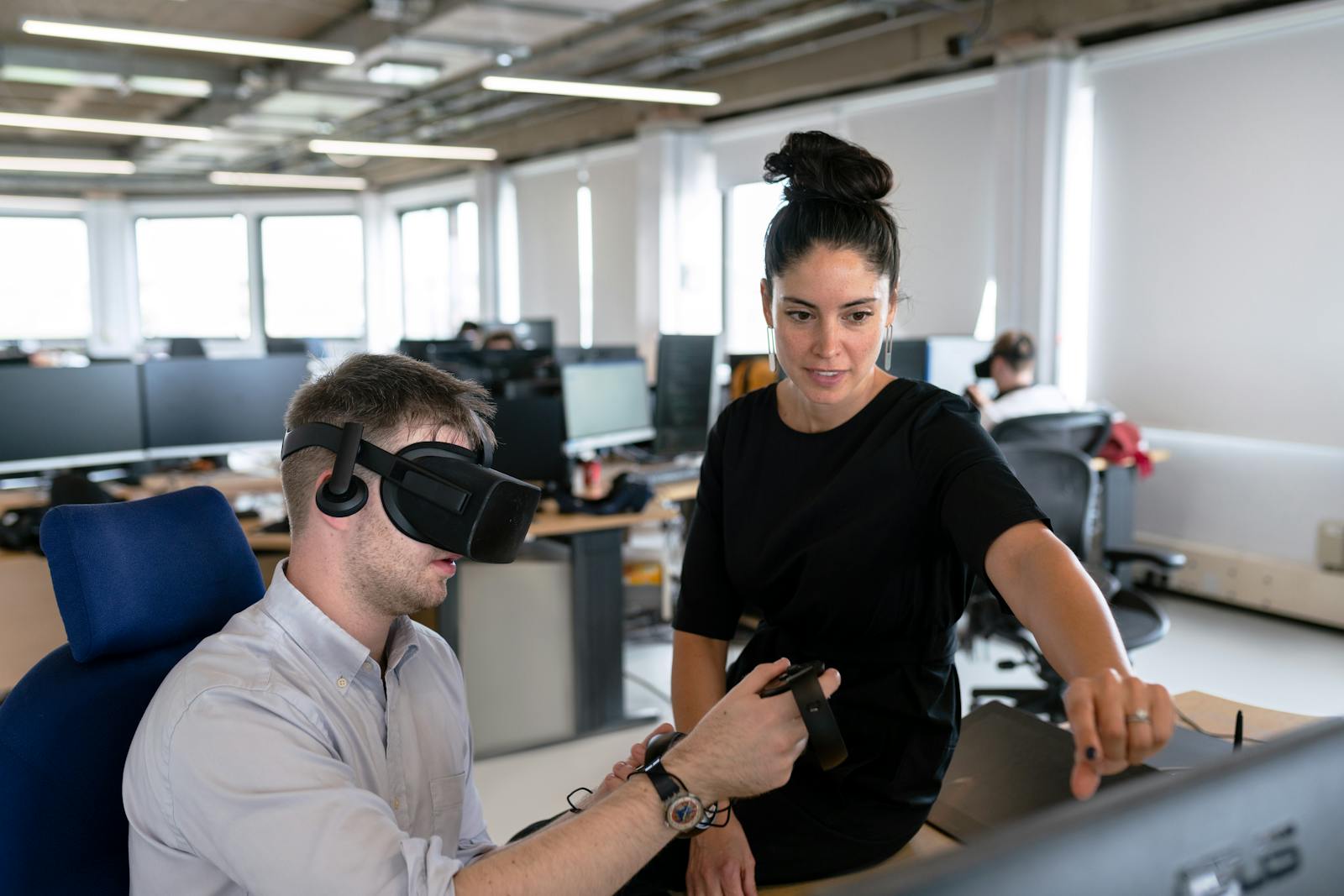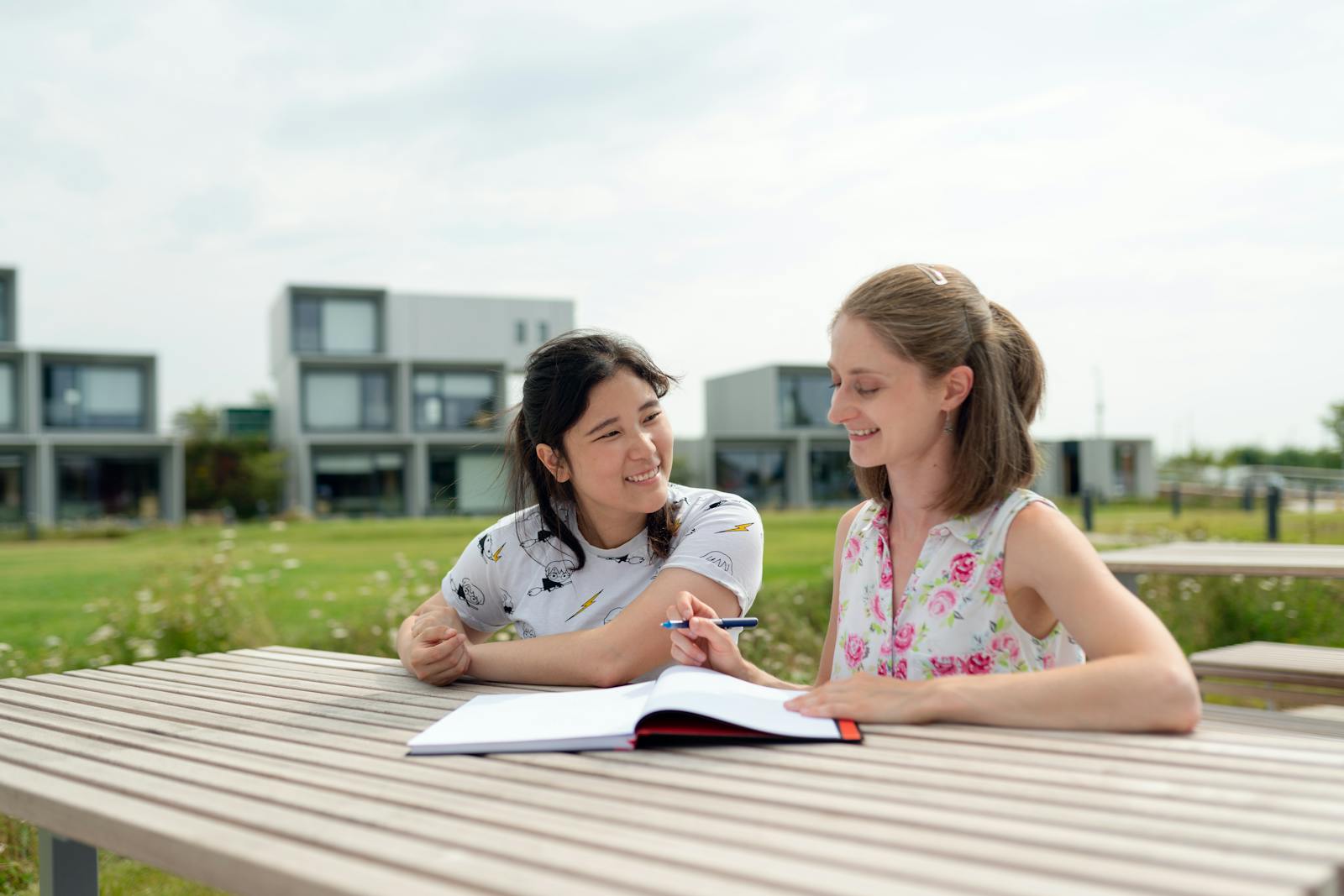Bridging Academia and Community Health: How Delaware’s FQHCs Are Driving Wellness Through University Partnerships

Introduction: A Model for Community-Driven Innovation
In many states, Federally Qualified Health Centers (FQHCs) struggle to connect with the broader network of support needed to address the root causes of poor health—things like housing, food insecurity, education, and transportation. These factors, known as social determinants of health (SDOH), account for up to 80% of health outcomes, yet health centers are often left to face them alone.
Delaware is showing there’s a better way.
As one of the smallest states in the U.S., Delaware benefits from tight-knit relationships between community-based organizations, public institutions, and healthcare providers. One standout example is the University of Delaware’s Partnership for Healthy Communities (PHC), which works directly with FQHCs to bring care into neighborhoods and connect clinical teams with academic talent.
Through programs like “Health for All,” PHC deploys mobile health vans, student volunteers, and faculty experts to address gaps in care, especially in underserved and rural communities. These partnerships provide a scalable and replicable model for other states, combining academic rigor with on-the-ground delivery.
The result? Stronger community engagement, better chronic disease prevention, and a new generation of students trained in real-world public health.
1: Process Innovation — Embedding SDOH Strategies into Care Delivery
Delaware’s approach stands out not just because of who’s involved, but how these organizations collaborate.
The “Health for All” initiative uses data-driven community assessments to identify gaps in access and deploy mobile health teams where they’re needed most. By partnering with Delaware’s FQHCs—like Westside Family Healthcare and La Red Health Center—PHC helps align academic insight with community needs.
Key process innovations include:
- Student-Led Screenings: Under faculty supervision, University of Delaware students support blood pressure checks, diabetes screenings, and behavioral health assessments at pop-up events across Wilmington, Dover, and Sussex County.
- SDOH Referrals: When community members are identified as needing support with food, housing, or transportation, students and faculty coordinate with case managers at FQHCs to provide referrals to local social services, including food banks, housing authorities, and transit vouchers.
- Integrated Mobile Health Planning: Instead of reactive care, the program uses predictive analytics and real-time data to prioritize high-risk ZIP codes, matching them with clinical teams and mobile vans staffed by FQHC professionals and students.
This model not only addresses unmet medical needs—it improves health literacy and builds trust within historically underserved communities.
2: People Power — Cultivating the Next Generation of Health Leaders
One of the biggest advantages of academic-community partnerships is the mutual benefit: FQHCs gain a broader workforce and fresh perspectives, while students get immersive, hands-on public health training.
The University of Delaware has created pathways for interdisciplinary student involvement in community health, including:
- Public Health and Nursing Students: Participate in on-site care delivery, patient education, and SDOH documentation.
- Social Work Students: Help patients navigate housing and financial assistance programs, with faculty advisors providing case supervision.
- Data Science and Health Informatics Students: Analyze local health data to recommend optimal deployment strategies for mobile units and community clinics.
These experiences expose students to the real-world complexities of healthcare access, especially for low-income populations. At the same time, FQHCs benefit from a pipeline of well-trained, service-minded professionals ready to enter the workforce.
Dr. Rita Landgraf, Director of the PHC and former Delaware Secretary of Health and Social Services, puts it best:
“We’re not just training students to work in health—we’re teaching them how to solve health problems where people actually live.”
3: Real-World Results — A Look at Community Impact
The academic-community partnership model is already producing measurable results in Delaware.
Mobile Health Van Deployment in Wilmington
In 2023, Westside Family Healthcare collaborated with PHC to expand its mobile health outreach program into Wilmington’s West Center City neighborhood—an area with high rates of hypertension and limited access to primary care.
In just six months:
- Over 1,200 residents received preventative screenings
- 26% were referred for follow-up care at a nearby FQHC clinic
- Health literacy increased among 500+ individuals through one-on-one coaching by public health students
According to a post-deployment survey, 92% of participants said they would use mobile services again, and 88% learned something new about managing their own health.
Case Study: “Health for All” Nutrition Education at Community Events
In partnership with local food banks, PHC faculty and students hosted “pop-up nutrition tents” at community events in Kent County.
- Over 700 families received fresh produce, cooking demonstrations, and guidance on managing conditions like diabetes through diet.
- Public health students collected feedback showing a 35% increase in participants’ confidence in choosing healthy foods post-event.
These programs, while local in scale, demonstrate how higher education and clinical teams can amplify reach, deepen impact, and promote behavior change through culturally relevant, place-based interventions.
Conclusion: A Replicable Model for National Impact
Delaware’s small size has created a big opportunity—a chance to test and refine academic-clinical partnerships in ways larger states often can’t. The University of Delaware’s Partnership for Healthy Communities proves that when academic institutions engage deeply with their surrounding neighborhoods, they can play a critical role in reducing health disparities.
FQHCs across the country are under increasing pressure to deliver more services with fewer resources. By joining forces with universities, they gain access to new talent, cutting-edge research, and a built-in mechanism for long-term sustainability.
The “Health for All” model is particularly compelling because it works at both ends of the health ecosystem:
- It addresses immediate clinical needs—screenings, referrals, education—right where people live.
- And it trains a new generation of socially conscious, community-informed healthcare professionals.
This is the kind of win-win model that deserves attention from policymakers, funders, and other healthcare systems looking to move upstream in addressing health equity.
What’s Next?
There’s strong potential for this model to scale across other states, especially those with strong public universities and community-focused FQHCs.
Are you an FQHC leader, academic partner, or public health advocate?
Let’s connect and explore how we can replicate and adapt this model in your community.
Reach out to the University of Delaware’s Partnership for Healthy Communities or your local FQHC to learn how to get involved.
Together, we can build healthier communities—one partnership at a time.
No Spam —
Just Good Stuff.
Join our newsletter for actionable advice, insider knowledge, and strategies that drive real results.
No fluff, just value.
%20(1).png)

.png)


























































































.png)
.png)
.png)



.png)
.png)
.png)
.png)